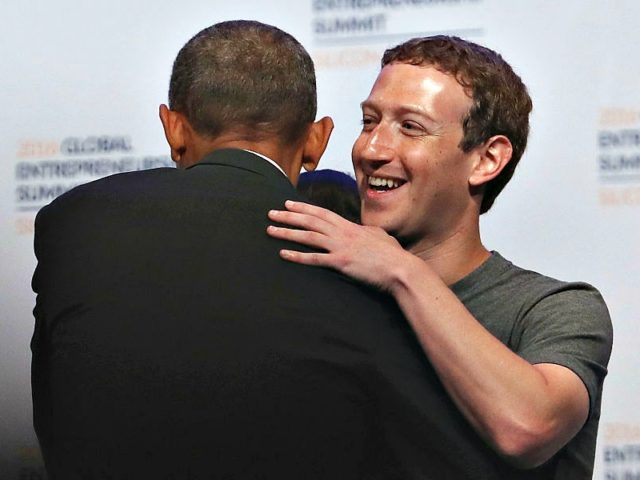The latest Subsidy Tracker reveals that some of the most prominent Silicon Valley tech corporations enjoy billions in government subsidies.
“Good Jobs First” is a not-for-profit organization that reviews state and municipal financial reports to track the size and justifications given by government entities to issue corporate tax abatements and direct subsidies that since 2015 have been required accounting disclosures under GASB Statement No. 77.
Most Americans are supportive of government providing defense, public safety, roads, schools, and public health. But the “Subsidy Tracker 2” reveals that governments are issuing record amounts of subsidies to the richest and powerful tech companies, many headquartered in Silicon Valley.
Supposedly entrepreneurial Silicon Valley has been America’s biggest winner in the corporate welfare game. Tesla has been by far the United States’ leader by collecting $2.4 billion in direct subsidies and over $1 billion in tax abatements since 2007. In addition, its SolarCity subsidiary picked up $1 billion in grants and tax abatements from the State of New York and another $497.5 million in U.S. Treasury Department cash grants.
Other Silicon Valley tech taxpayers miners include Google, the second-most valuable company in the galaxy with a market capitalization of $770 billion. It has enjoyed government largess of $766 million since 2000.Apple, the most valuable company in the universe with a market capitalization of $904 billion, banked $693 million in government handouts since 2011. And Facebook, the fifth most valuable company on the planet with a market capitalization of $558 billion, pocketed $549 million, according to the San Jose Mercury News.
But Silicon Valley is about to be displaced as America’s biggest corporate welfare hub by Seattle-based Amazon. According to the Subsidy Tracker, Amazon built its distribution and data centers network with up to $613 million in government grants and tax holidays.
Amazon is now holding the equivalent of a municipal subsidy auction for the right to host its $5 billion second North American corporate headquarters, HQ2.
In a bidding process that generated hundreds of proposals, Amazon named 20 municipal finalists in January. The subsidy packages for the nine locations that made public bids include 1) Raleigh, North Carolina with $50 million; 2) Denver, Colorado with $100 million; 3) Los Angeles, California with between $300 million to $1 billion; 4) Atlanta, Georgia with $1 billion; 5) Chicago, Illinois with at least $1.7 billion; 6) Philadelphia, Pennsylvania with between $2 billion to $3 billion; 7) Columbus, Ohio with $2.3 billion; 8) Newark, New Jersey with $7 billion; and Montgomery County, Maryland with $8.5 billion in tax abatements and infrastructure incentives.
Mercatus Center at George Mason University warns that elected officials, even with the best of intentions, “do not possess the proper incentives to manage taxpayers’ money prudently” when it comes to passing out corporate taxpayer subsidies.
When private investors act in markets they experience price signals, but government decision makers have no way to account for the value or costs of their decisions. When private investors fail they lose money, but it is taxpayers that lose when government fails.

COMMENTS
Please let us know if you're having issues with commenting.